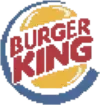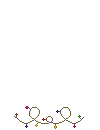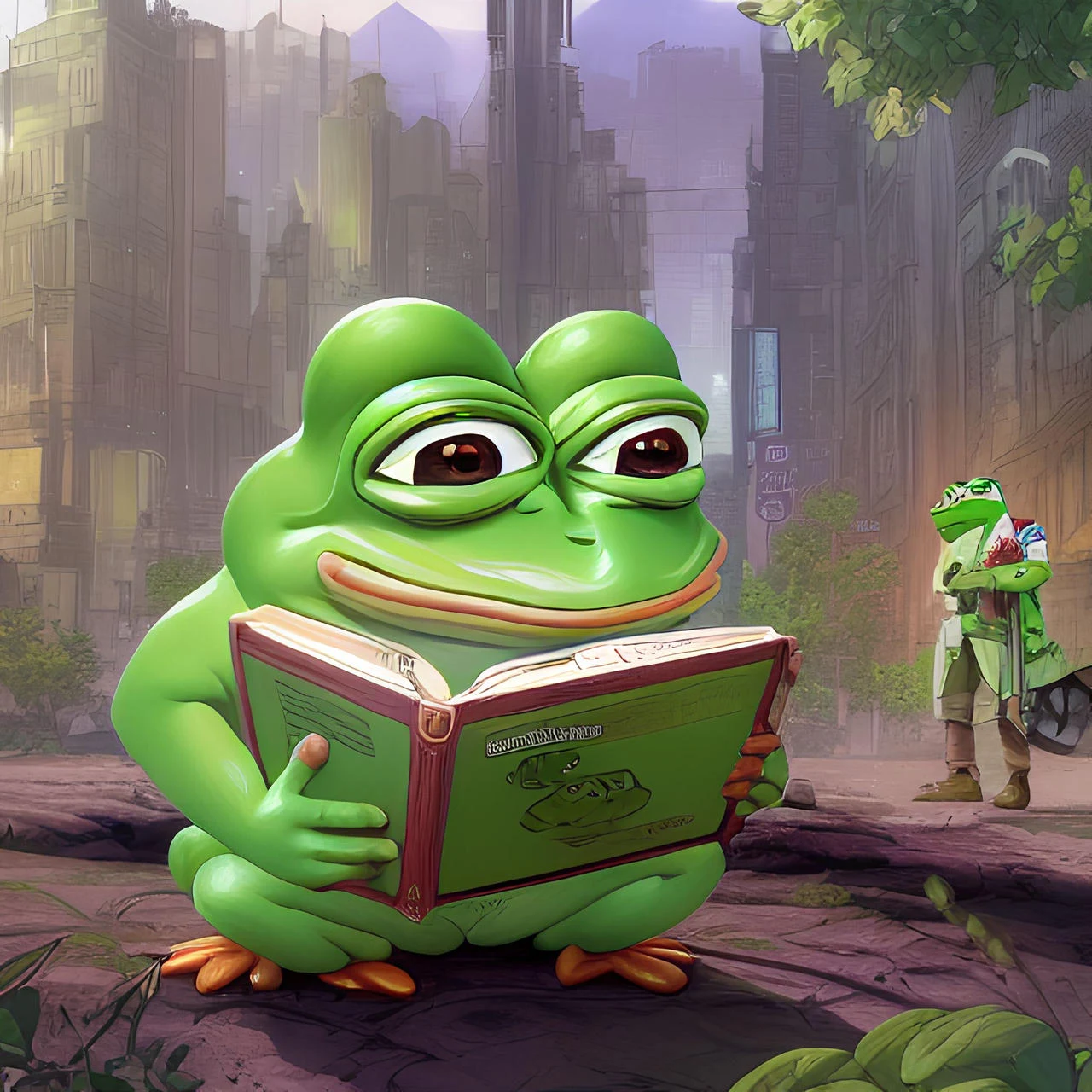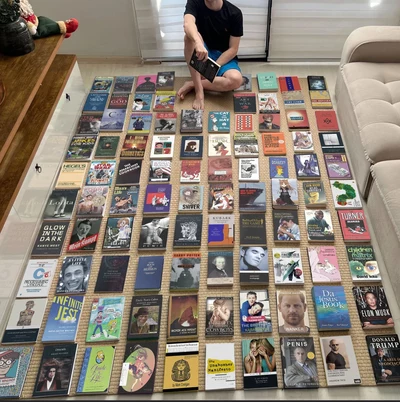To discuss your weekly readings or books, textbooks and papers.
I finished “The Lady with the Little Dog” by Chekhov yesterday, there's only one more short story on the compilation book I have, “The Bishop”. Next I want to start “Père Goriot” by Balzac as I downloaded the epub on my kindle like 3 years ago but never read it.










Jump in the discussion.
No email address required.
Finished Master and Margarita now reading Paradise Lost
Jump in the discussion.
No email address required.
Thoughts on Woland and Margarita?
Jump in the discussion.
No email address required.
I don't like Margarita because she cheated on her Husband who never did anything bad to her and in fact loved her (Also dislike Master for the same reason), Woland is funny and I like him, pretty cool interpretation of the Devil
Jump in the discussion.
No email address required.
More options
Context
More options
Context
More options
Context
I read American Pastoral. It's mostly about a family dealing with their daughter going full radical activist mode during Vietnam. Its narrative style has some things in common with the Updike Rabbit books, with regard to frequently focusing on the minutiae of American family life at specific periods of time rather than rapidly advancing the story's plot, but its subject matter is more serious. I think it's an interesting take on intergenerational conflict.
Jump in the discussion.
No email address required.
More options
Context
modern man in search of soul by Carl Jung. Only Jung I've read and am clearly too r-slurred to get much out of it. He makes references to a lot of other literature that I haven't read so I have no idea what it is referring to except when he references the Bible or the rare thing I have read. Other than that it was pretty interesting and appropriate for the time we have been born into.
Jump in the discussion.
No email address required.
What works for me in these situations is reading slower than usual and stopping periodically to see if I understood what I just read. It's counter to my usual style but necessary for these sorts of topics.
slower than usual and stopping periodically to see if I understood what I just read. It's counter to my usual style but necessary for these sorts of topics.
Jump in the discussion.
No email address required.
More options
Context
More options
Context
Missed the thread yesterday, but I finished The Once and Future King. The second half takes a much more serious turn, to the point where they don't feel like the same book.
I think this might actually qualify as magic realism. Supernatural elements are out of focus and presented very matter-of-fact-ly. They're a big part of the "plot," but the text is much more interested in the people living in this world. Stuff that another author might have spent five chapters on (wars, epic quests, finding the Holy Grail) gets summarized in a few paragraphs or related in dialog so we can get back to cuckold drama or discussions of governing philosophy. The book is extremely well written, but also sometimes frustrating for this reason. And it makes me want to read some older Arthurian tales.
I'd say the book is often mischaracterized as fantasy because the first section has a lot more focus on direct encounters with magic (Arthur getting turned into different animals, etc)
Jump in the discussion.
No email address required.
More options
Context
I'm still reading Humans: From the Beginning. It's finally starting to get good, and discussing the emergence of Homo sapien. I also just read through the technical appendix which includes details about, among other things, how isotope analysis is used in paleoarchaeology.
One interesting tidbit is that there are two stable isotopes of Carbon, 12C and 13C. Plants absorb both from the atmosphere so any animal eating them will have a mixture. However, different plants have slightly different methods of photosynthesis which favors one over the other. The book describes C3 and C4, where most plants are C3 (including trees, shrubs, etc.), whereas the rarer C4 process is used in grasses (and a few other minor plants). By analyzing the ratio of 12C to 13C in an animal, you can therefore determine whether it ate primarily C3 plants, primarily C4 plants, or a mixture. (If that animals eats meat, you'd determine whether the meat comes from C3 or C4 herbivores - it grazing animals which eat primarily grasses vs browsing animals which eat primarily leaves).
I just thought that was really neat.
Jump in the discussion.
No email address required.
More options
Context
Biographies on Hitler, Mao, Ho Chi Minh, Stalin, Franco, Eldridge Cleaver, and Nixon
Jump in the discussion.
No email address required.
More options
Context
West by West by Jerry West and Jonathan Coleman
Excerpt
Jump in the discussion.
No email address required.
More options
Context
Jump in the discussion.
No email address required.
More options
Context